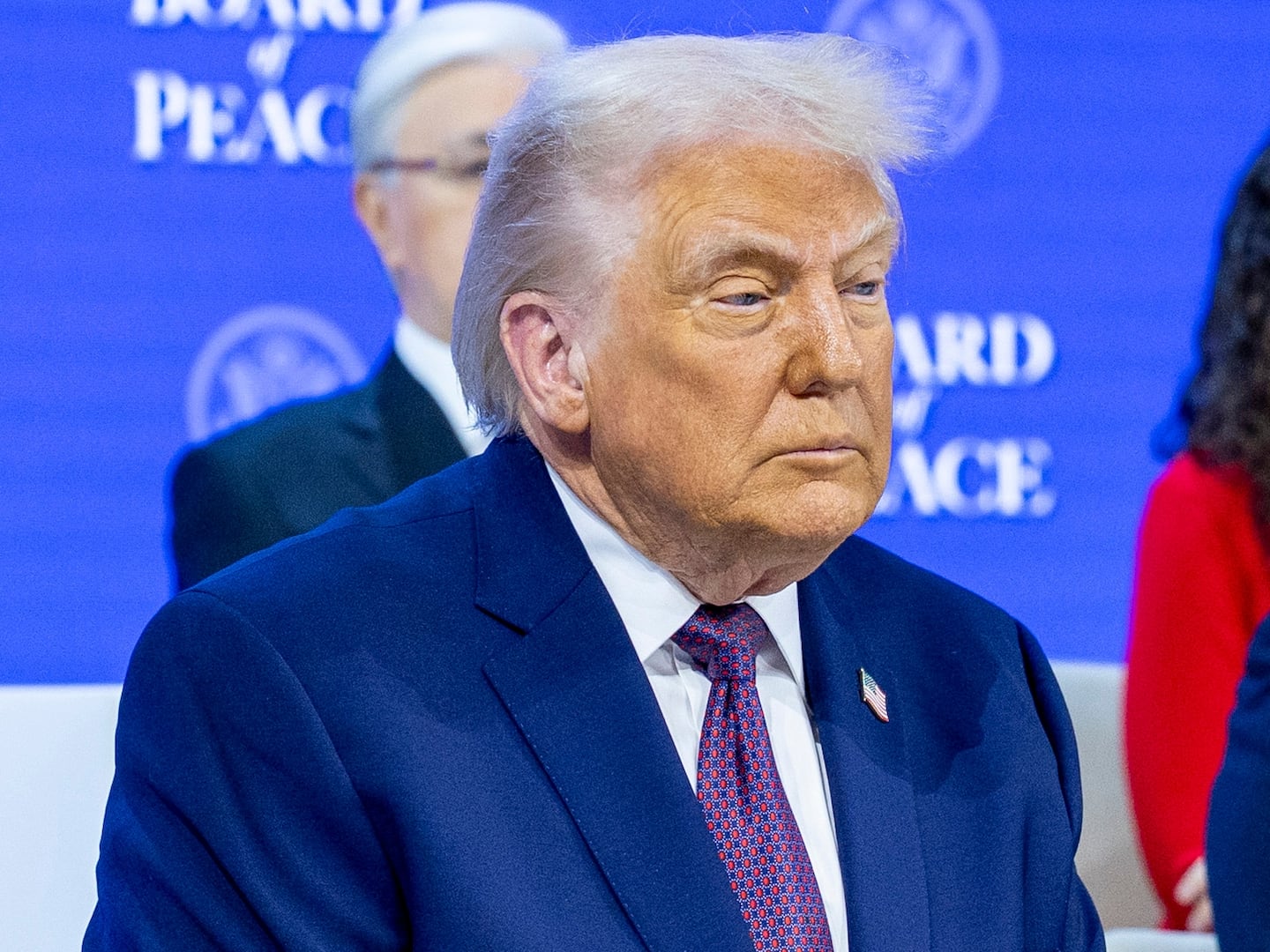Harvard undergrads lined up outside one of the campus’s largest lecture halls. They waited to be admitted to the perennially popular “Female Orgasm Seminar,” an event that draws hundreds of students eager to learn more about female sexuality.
Dressed in a black dress, her blonde locks sitting loosely on her shoulders, Dr. Logan Levkoff, sexologist and relationship expert, stood at the same lectern that science professors daily deliver lectures on chemical biology and introductory planetary physics. Only here, Levkoff’s lesson focused on a drastically different subject matter, touching upon everything from the myths of female sexuality to the structure of the clitoris.
It is the eighth year that Harvard’s feminist organization, the Radcliffe Union of Students, has held the event, but this year’s seminar had new significance: it was the culmination of the inaugural Harvard Sex Week. The week featured events that included discussions about the Bible’s take on sex and asexuality, and even seminars on dirty talk.
Sex Week is the brainchild of Abby Sun and Samantha Meier, who conceived of the idea while living together last May. They were frustrated with the lack of public discussion about sex on Harvard’s campus.
“There was no precipitating event, no hate-crime incident,” explained Sun, a junior studying art. Instead, it was a question that pushed them forward: who decides whether college students can handle educating themselves about sex?

The women passionately believe that talking about sex is an essential component of undergraduate education—and one that until last month Harvard was sorely lacking in, they said. There were some events on sex that were held sporadically throughout the year and the university provided resources for sexual health, but Meier and Sun felt that Harvard needed a unified week of programming to bring sex education to the fore of campus consciousness.
“The fact that [sex resources] are not visible is part of the larger problem that Harvard is massively decentralized,” said Meier, a senior who sports a blonde pixy cut and wrote her honors thesis on feminist comic books.
The women saw other schools holding sex weeks of their own (Harvard is the third Ivy League school to hold the event) and made plans to launch in the 2012–2013 academic year.
They pitched their idea to the Office of Student Life, which recommended they form a loose coalition of student groups in order to organize programming. But Sun and Meier wanted to ensure the permanence and future of their creation, so they bucked the administration’s advice and founded a new student group called Sexual Health Education & Advocacy throughout Harvard College, also known as SHEATH.
They established partnerships with more than 30 student groups on campus. (The university administration has remained neutral on the new programming.)
The aim of Sex Week—composed of nearly 30 events—was to provide students with “clarifying experiences” on sex.
Sun and Meier were often pleasantly surprised by students’ willingness to participate in discussion and engage guest speakers. Sex Week garnered much praise—the university chaplains even wrote Meier a thank-you note after she published an editorial in The Harvard Crimson. Meier, who defined Harvard Sex Week as a form of “radical inclusion” and activism beyond protest, saw students’ lively participation during Harvard Sex Week as a marker of her generation’s unique flavor of progressive activism.
“It may not be familiar to older generations, but we are trying to instigate these issues that are fundamental to our lives,” Meier said. “We may be young, but we aren’t ill informed. We’re curious and we’re interested in becoming more mature adults.”
Though Harvard Sex Week's open and diverse discussions were welcomed by many, there were some notable dissenters on campus. One student group, known as True Love Revolution, which promotes abstinence before marriage, rescinded its sponsorship of Sex Week after initially planning to hold an event during that last week in March.
"We felt that too much of Sex Week's programming and online content [was] completely contrary to our values, and we felt that our participation would be counterproductive to our mission on campus," True Love Revolution president Luciana Milano wrote in an email.
Harvard Sex Week assumed another layer of significance when tensions arose on the national political stage as Congress and President Obama battled over birth control. For SHEATH members, the perceived war on women in Washington was concerning but its timing provided perhaps the best argument for holding their event.
“The recent controversy over women's rights in Washington simply shows how important open conversation is, regardless of political or personal views, when trying to tease out fact from fiction,” Hazel Lever, a junior and member of SHEATH, wrote in an email.
Though SHEATH’s main event of the year has concluded, Sex Week 2013 is already in the works.
“Engaging critically and thoroughly with ideas about intimate relationships,” Meyer said, “sexual or not sexual, is absolutely crucial.”






